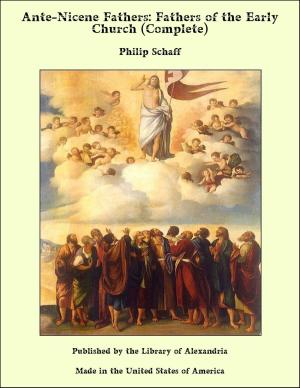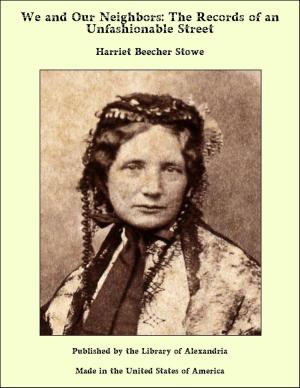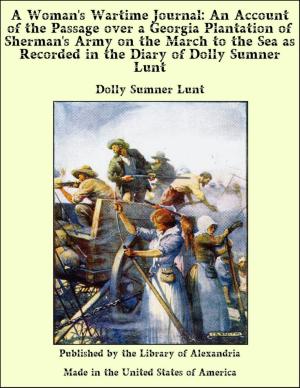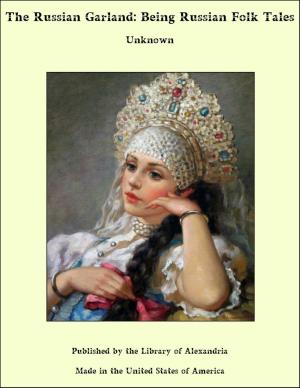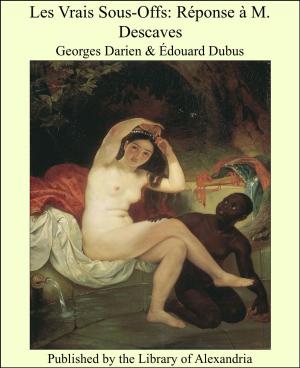On the Old Road: A Collection of Miscellaneous Essays and Articles on Art and Literature (Complete)
Nonfiction, Religion & Spirituality, New Age, History, Fiction & Literature| Author: | John Ruskin | ISBN: | 9781465599599 |
| Publisher: | Library of Alexandria | Publication: | March 8, 2015 |
| Imprint: | Language: | English |
| Author: | John Ruskin |
| ISBN: | 9781465599599 |
| Publisher: | Library of Alexandria |
| Publication: | March 8, 2015 |
| Imprint: | |
| Language: | English |
In seven days more I shall be fifty-nine;—which (practically) is all the same as sixty; but, being asked by the wife of my dear old friend, W. H. Harrison, to say a few words of our old relations together, I find myself, in spite of all these years, a boy again,—partly in the mere thought of, and renewed sympathy with, the cheerful heart of my old literary master, and partly in instinctive terror lest, wherever he is in celestial circles, he should catch me writing bad grammar, or putting wrong stops, and should set the table turning, or the like. For he was inexorable in such matters, and many a sentence in "Modern Painters," which I had thought quite beautifully turned out after a forenoon's work on it, had to be turned outside-in, after all, and cut into the smallest pieces and sewn up again, because he had found out there wasn't a nominative in it, or a genitive, or a conjunction, or something else indispensable to a sentence's decent existence and position in life. Not a book of mine, for good thirty years, but went, every word of it, under his careful eyes twice over—often also the last revises left to his tender mercy altogether on condition he wouldn't bother me any more. "For good thirty years": that is to say, from my first verse-writing in "Friendship's Offering" at fifteen, to my last orthodox and conservative compositions at forty-five. But when I began to utter radical sentiments, and say things derogatory to the clergy, my old friend got quite restive—absolutely refused sometimes to pass even my most grammatical and punctuated paragraphs, if their contents savored of heresy or revolution; and at last I was obliged to print all my philanthropy and political economy on the sly.
In seven days more I shall be fifty-nine;—which (practically) is all the same as sixty; but, being asked by the wife of my dear old friend, W. H. Harrison, to say a few words of our old relations together, I find myself, in spite of all these years, a boy again,—partly in the mere thought of, and renewed sympathy with, the cheerful heart of my old literary master, and partly in instinctive terror lest, wherever he is in celestial circles, he should catch me writing bad grammar, or putting wrong stops, and should set the table turning, or the like. For he was inexorable in such matters, and many a sentence in "Modern Painters," which I had thought quite beautifully turned out after a forenoon's work on it, had to be turned outside-in, after all, and cut into the smallest pieces and sewn up again, because he had found out there wasn't a nominative in it, or a genitive, or a conjunction, or something else indispensable to a sentence's decent existence and position in life. Not a book of mine, for good thirty years, but went, every word of it, under his careful eyes twice over—often also the last revises left to his tender mercy altogether on condition he wouldn't bother me any more. "For good thirty years": that is to say, from my first verse-writing in "Friendship's Offering" at fifteen, to my last orthodox and conservative compositions at forty-five. But when I began to utter radical sentiments, and say things derogatory to the clergy, my old friend got quite restive—absolutely refused sometimes to pass even my most grammatical and punctuated paragraphs, if their contents savored of heresy or revolution; and at last I was obliged to print all my philanthropy and political economy on the sly.

